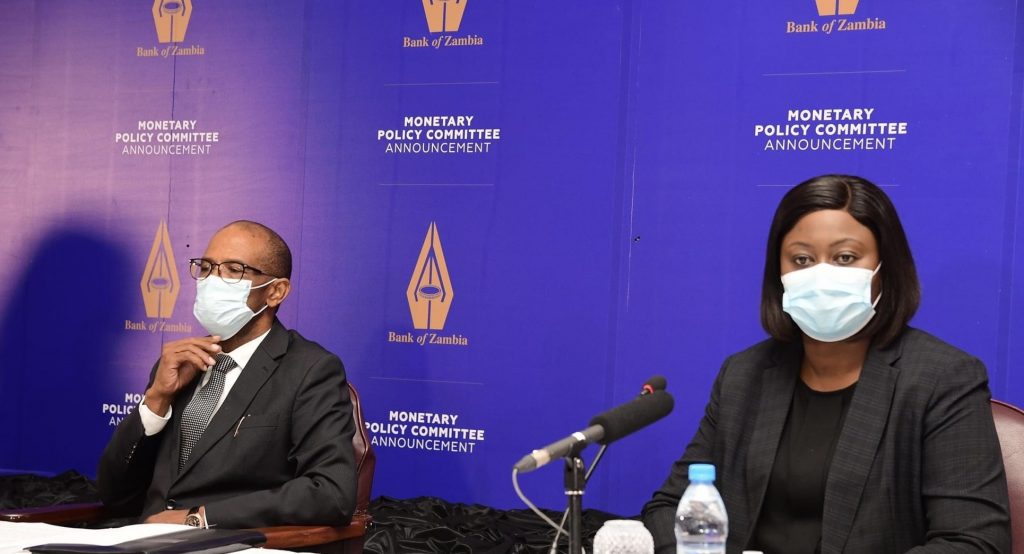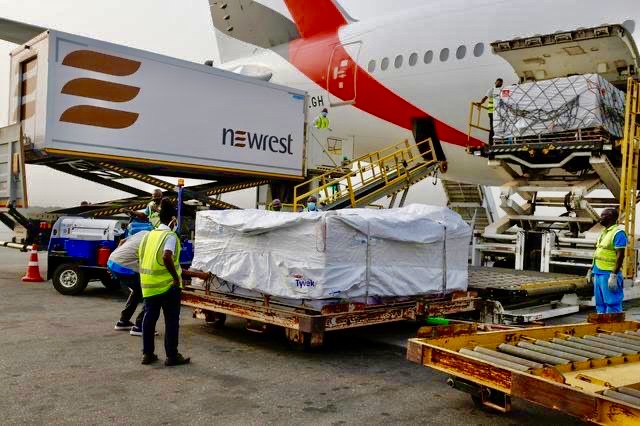Despite the bellwether for global and economic pulse, copper, flirting with almost decade highs, Zambia’s private sector pulse continues to bear the brunt of a second pandemic wave. According to Markit economics purchasing managers index (PMI) release, February headline reading shriveled to a 6month low of 47.1, the lowest since September 2020, compared to 47.7 in the first month of the 2021. Fifty (50) sets the benchmark for expansion (>50) and contraction (<50). This will be 24 months exactly, the copper producer has been in contraction territory.
Key drivers of this ebb include pandemic effects of the second wave that resulted in ecosystem supply disruptions occurring under the shadow of a currency depreciation labyrinth. Against the United States Dollar (USD) the Kwacha (ZMW) has shaved over 3.4% in value while spreads between the copper currency and the South African Rand (ZAR) have continued to widen causing costly exports, a pressure point for input inflation. Access to dollars has continued to be a nightmare in the red metal producer with widening backlogs on account of lean supply and surging demand from its net import position.
Read also: Second COVID wave and currency rout sags Zambia’s January Business Pulse 1.3 points
The index report highlights decline in employment levels reflecting restructuring efforts while feeble demand weighed purchase activity and inventories. Supplier delivery times amidst movement restrictions was another theme detected in the February PMI reading.

Efforts to curb currency slide through a marginal rate hike by the central bank in February did not yield fruition as the exchange rate has extended it losing streak towards K22 for a unit of green back. According to the Zambian health authorities, all COVAX facility benchmarks have been met and a cabinet decision is being awaited on vaccine rollout.
Read also: BOZ rate stance ‘vague’ on currency rout cure, competition regulators to step in to tame inflation
VACCINES ROLLOUT SPELL HOPE IN ZAMBIA PEER PERFORMANCE
Africa’s cocoa hotspot and Gold Coast Ghana is reflecting business optimism after the first vaccines were rolled out as it headlined 52.5 from 51.2 previously, while Africa’s largest economy Nigeria amidst FX liquidity, spiraling inflation and insecurity concerns still pushed in positive territory at 52.0 from 50.7 previous month. Kenya softened to 50.9 from 53.2 in January as Uganda rebounded to 51.2 from contraction zone of 49.8.

Africa’s most industrialized economy South Africa despite grappling with embattled fundamentals looks to vaccine rollouts to provide a ray of light for recovery falling from 50.8 in January to 50.2 currently. Egypt remains constrained below 50 at 49.3 from 48.7 previously.
The Kwacha Arbitrageur

